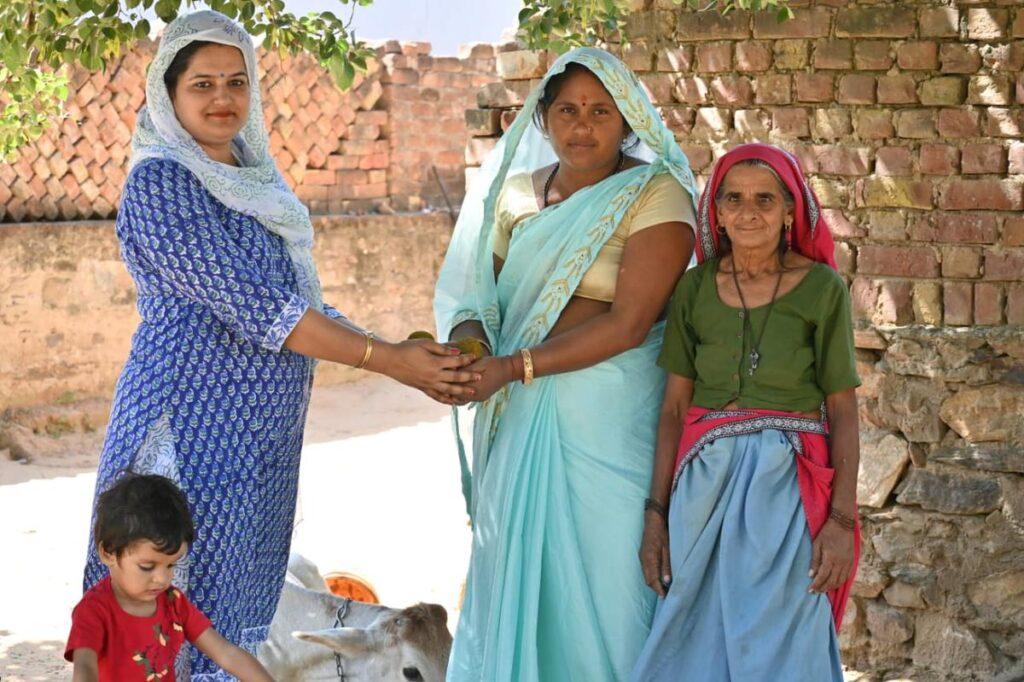
The Triumphant Sarpanch who ignited a revolution in her village
As the head of the Gram Panchayat, the local self-government at the village level in India, the Sarpanch plays a crucial role in fostering growth and stability in the village. Neeru Yadav, also known as “Hockey Wali Sarpanch,” has redefined the role of a Sarpanch and set a new bar for its responsibilities through her leadership and actions.
Neeru Yadav has made remarkable efforts towards the development of her village as the Sarpanch of Lambi Ahir village in the Jhunjhunu district of Rajasthan. She has strongly emphasised sports and encouraged young girls in the town to participate in them, particularly in hockey.
To bolster this initiative, she utilised her two years’ worth of honoraria to furnish hockey kits to the girls in the village and even sponsored a hockey team. She went the extra mile by hiring a coach to train the girls and ensuring they had access to top-notch facilities, earning her the nickname “Hockey Wali Sarpanch.”
Her endeavours are not limited to sports. She is also a trendsetter in the overall development of her village. She is the first female Sarpanch to institute a Farmers’ Production Organization (FPO) by the name of “Sachhi Saheli Mahila Agro,” in association with the Society of Indian Institute of Rural Development (SIIRD) and the NABARD (National Bank for Agriculture and Rural Development).
The company provides farmers with fertilisers, seeds, and other agriculture-related products at affordable prices. She made consequential contributions to the company as the Chairman of the Board of Directors.
Furthermore, Neeru Yadav also created awareness of the significance of the Prime Minister’s Skill Development Scheme, known as the “Kaushal Vikas Yojana.” She encouraged the people of the village to reap its benefits. This led to unemployed people learning new skills, gaining employment, and becoming financially independent.
The innovative Sarpanch has also recently launched a pioneering scheme in her village called “Garbage Free Marriage Functions.” Under this initiative, she provides free steel utensils for cooking and serving food at weddings and other social gatherings. The goal is to decrease the use of disposable plastics and bottles, thereby keeping the village clean and making the best use of natural resources.
In addition to this, she has recruited a team to collect food waste, permuting it into manure to sell to farmers. This helps in reducing food waste, optimising resource utilisation and encouraging recycling.
Photo credit: The Hindu




